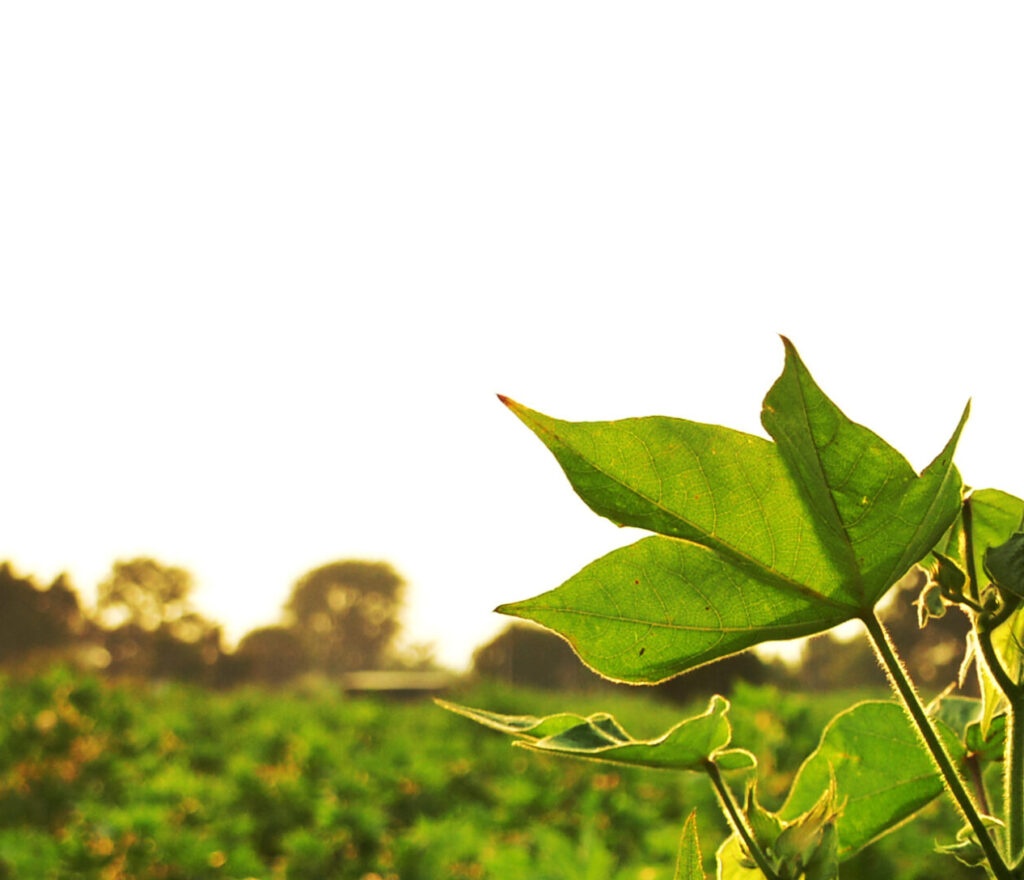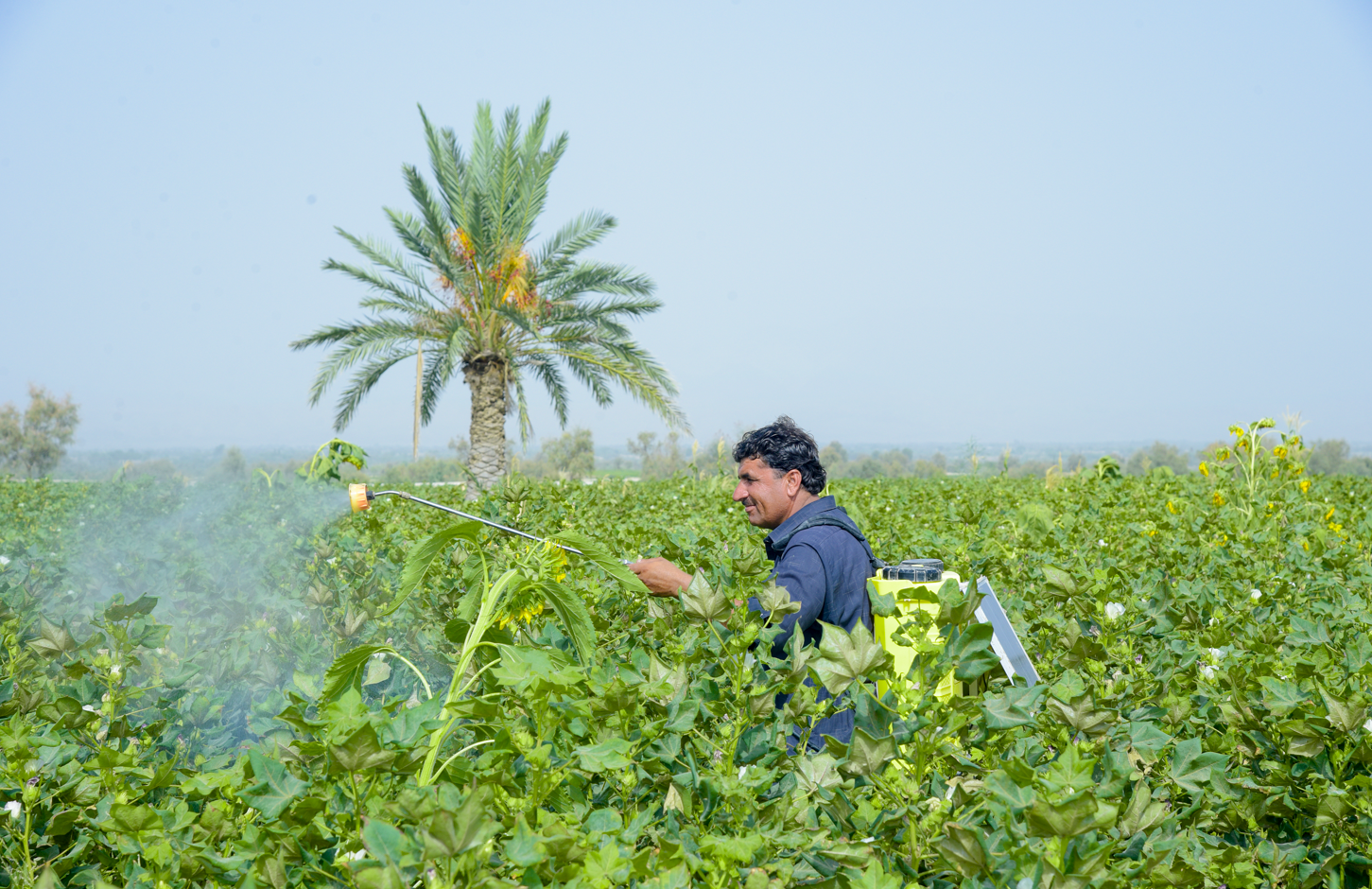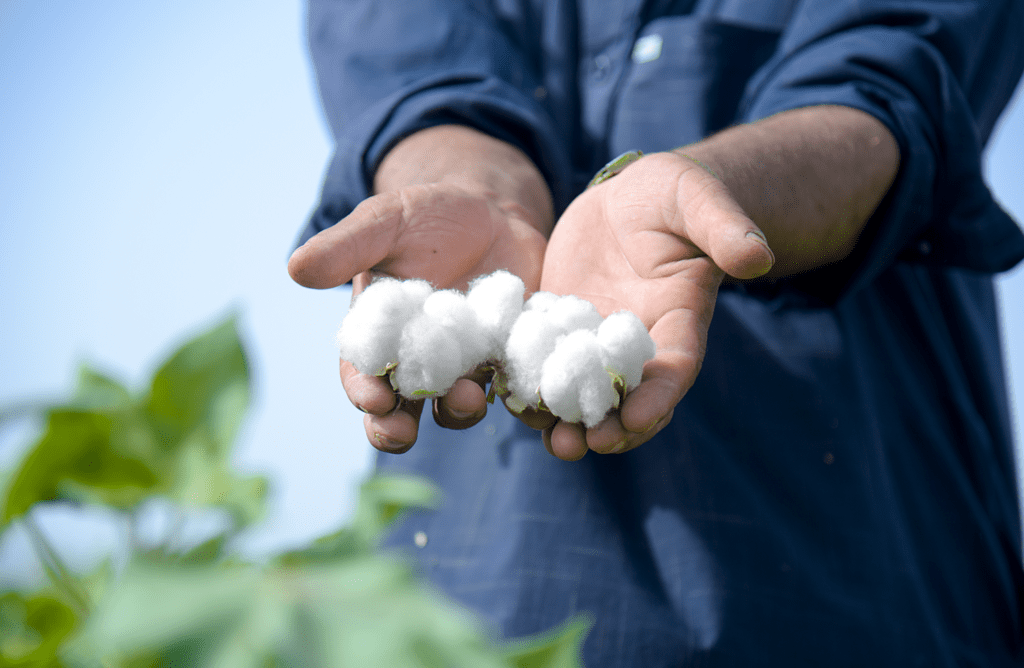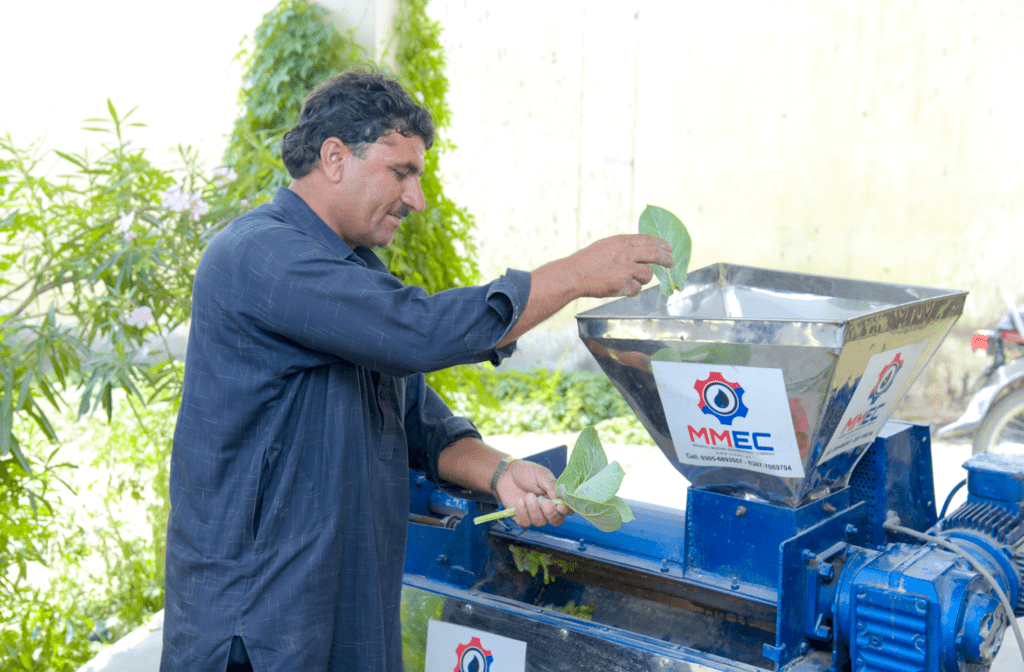 India
India Fostering sustainable farming practices through organic manure
This is the story of Hazoor Bakhsh, who set himself as a role model for other farmers in the Nall province of Pakistan.
Transitioning from conventional to organic cotton practices, Hazoor Bakhsh realised that synthetic pesticides were more accessible, and it wasn’t easy to find organic alternatives in the local market. Therefore, he took the issue upon himself and started producing his own organic manure.
Conventional cotton heavily relies on synthetic pesticides and artificial fertilisers, which can harm ecosystems, poison waterways, pose risks to growers, and are generally more expensive than their organic counterparts. These chemicals also need to be diluted to bring them to ‘safe’ levels when they enter waterways. Over one fifth of the water used to grow non-organic cotton is used for this purpose.
Organic farming, instead, deploys only natural methods to manage soil fertility and reduce pests, opting for safer and eco-friendly manures. By choosing organic manure, farmers contribute to improved soil health, as organically treated soil retains more water (which helps during floods and droughts), and stores carbon, contributing to climate change mitigation.
Hazoor Bakhsh has been quite successful in producing his own organic manure. By using organic manures and forsaking the use of chemical fertilisers, he minimised health risks correlated with harmful synthetic chemicals while improving his finances.
The impact of organic manure on Hazoor Bakhsh’s cotton production
Switching from synthetic pesticides and fertilisers to organic manure brought about a significant transformation in Hazoor Bakhsh’s cotton production. Despite experiencing a 15% decrease in yield, Hazoor Bakhsh’s financial well-being improved while contributing to the long-term benefit of the planet and people.
20%
reduced water consumption
43%
increase in the selling rate of cotton
73%
increase in profit by sale of cotton
Paving the way for organic farming practices
Organic manure is not only more cost-effective than synthetic pesticides due to its low production costs. Switching to organic farming practices as using organic manure increases cotton’s quality and thus its selling rate. At OCA, we strive to foster a resilient ecosystem for organic cotton cultivation by placing farmers’ livelihoods and working conditions at the forefront of our mission. According to our Farm programme impact report 2021-22, the farmers OCA works with received a 6% premium payment compared to their peers cultivating conventional cotton. Explore their inspiring stories!
Through OCA’s Farm Programme, we’ve been training farmers in the specific organic and regenerative practices that promote soil health and functionality. Soils higher in organic matter are more biologically diverse, active, and more drought-tolerant – a significant long-term benefit in our changing climate. Join OCA and support our programmes to contribute positively to the health of soils, ecosystems, and people. Let’s unleash the potential of organic cotton together!





